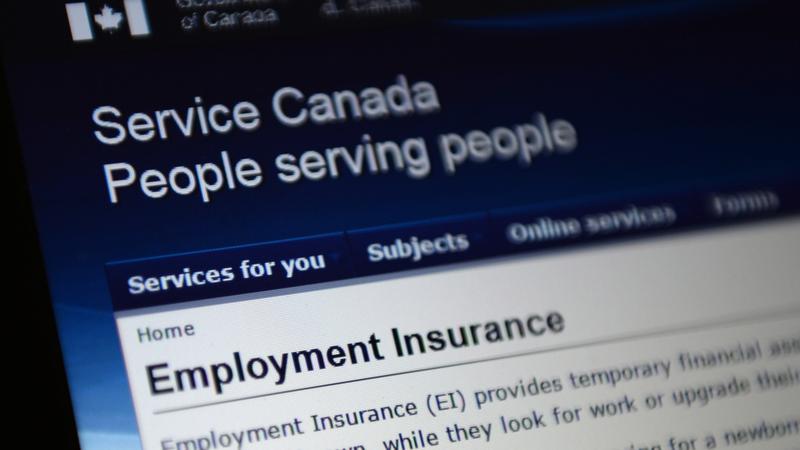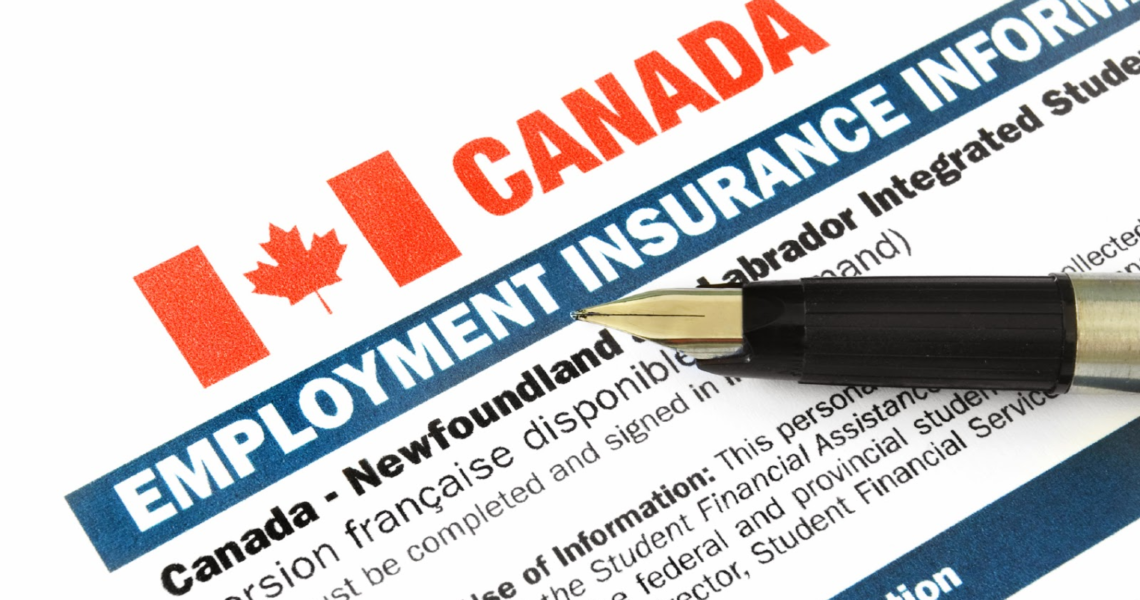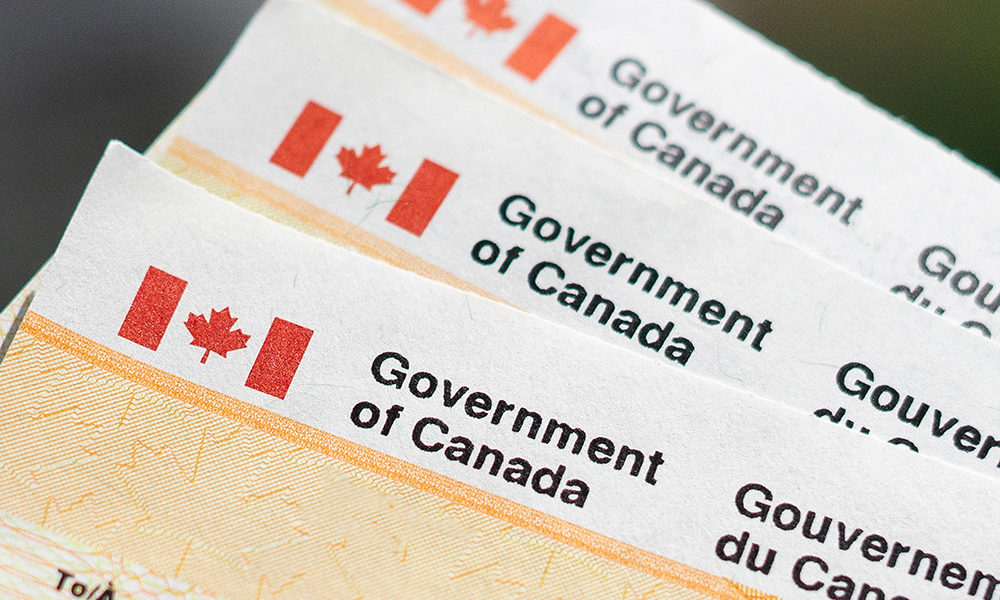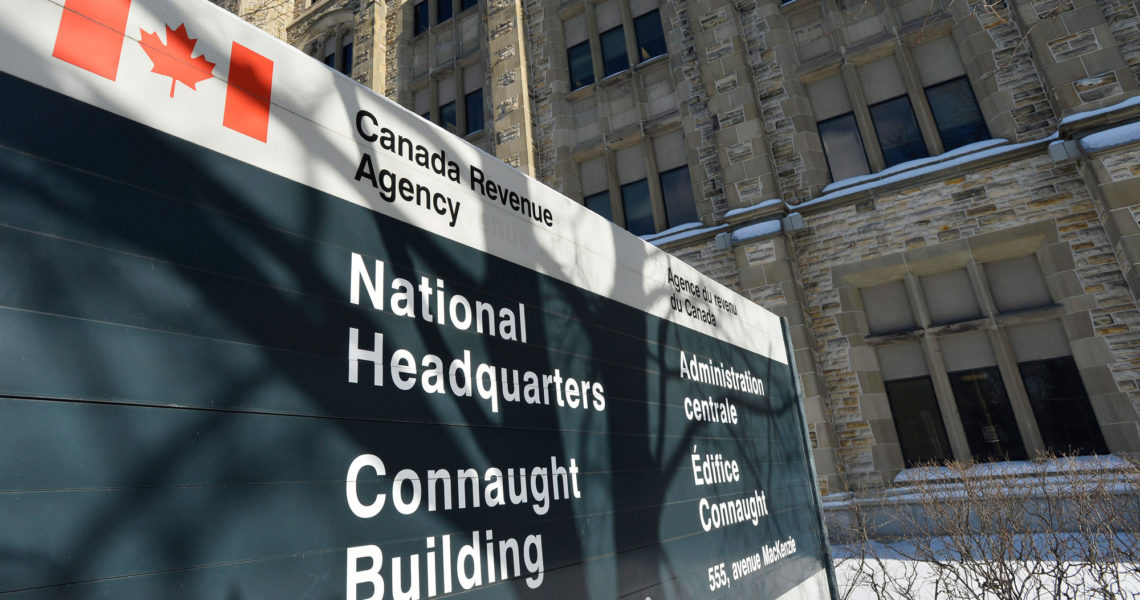Tag: Income Supports
More Federal Debt Can Help Build a Better Canada
Rather than wringing our hands about if and when the federal government plans to balance the budget or about the lack of a fiscal anchor to discipline federal spending, we should take the opportunity to assess the costs of decades of austerity light and have the long overdue debate about the role of debt and taxes in meeting the crises ahead and building the Canada we want.
An Employment Insurance system for the 21st century: Lesson 2, The future of work calls for better income insurance
This is the second commentary in a three-part series examining ideas for reforming Canada’s Employment Insurance (EI) program. This commentary discusses the need for the EI program to provide comprehensive insurance against various forms of income loss. The First commentary, on the need for EI to be better designed to insure against big shocks, can be found here.
An Employment Insurance system for the 21st century: Lesson 1, Big shocks matter
This is the first commentary in a three-part series examining ideas for reforming Canada’s Employment Insurance (EI) program. This commentary argues that the program as presently constituted is not well-designed to provide adequate support for households that suffer large and enduring negative income shocks.
Overcompensation of Income Losses: A Major Flaw in Canada’s Pandemic Response
The federal government has overcompensated Canadians for their lockdown-related income losses. The amount of money involved is substantial. Although overcompensation does not seem to have been a policy objective at the outset, it has been embraced. This expensive flaw in Canada’s response to the COVID-19 pandemic compromises fairness and limits options for using fiscal policy to strengthen the recovery.
Marginal tax rates under the Canada Recovery Benefit
This Commentary presents calculations of effective marginal tax rates on earned income for recipients of the Canada Recovery Benefit.
The Canada Recovery Benefit: Employment Insurance or Basic Income Guarantee?
The Canada Recovery Benefit (CRB) is a bold step in the delivery of pandemic-related aid to self-employed and gig workers, who are poorly served by Employment Insurance. Advocates of reform to Canada’s income transfer system will find much to like about the CRB, and some may wish to make the program, or something like it, a permanent feature of Canada’s social safety net. However, there are likely to be substantial enforcement and implementation issues with the program, as well as problems around fairness. As currently designed, the CRB is not a good template for a guaranteed basic income for Canada.
The Challenge of Designing Income Support Programs for the Self-Employed
The Canada Recovery Benefit may become an important source of support for self-employed individuals during the COVID-19 pandemic, particularly among those without employees. One important obstacle to the policy’s success is that the self-employed are a heterogeneous group that is not easily characterized, with workflows that do not fit neatly into weekly benefit periods. Efforts to develop well-targeted post-pandemic support for the self-employed require better data to understand their workflows, incomes, and behavioural responses to adjustments in policy parameters.








Basic Income or Welfare Reform? A summary of the BC Basic Income Panel Report
On January 28, the BC Expert Panel on Basic Income issued its final report. Media coverage of the report naturally focussed mainly on what the panel did not recommend – a basic income program – but the report offers far more than that.